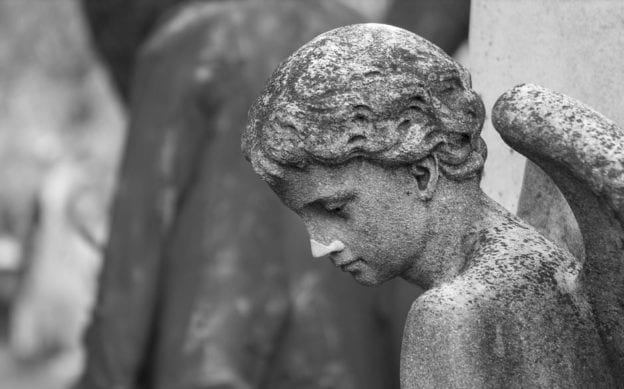After cremation services in Chesterfield Township, MI, families of the deceased have to take care of all of the affairs of their loved ones. Among these are dealing with financial matters, and that will very likely include debts the deceased owed to creditors.
If you die and you have life insurance or valuable assets, then your family will be in a good financial position and will be able to take care of all your affairs. However, it’s important to know that any debt that you have accrued will not die with you.
If you die with a substantial amount of debt, then paying those off could erase all the financial security that you intended to leave so that your family could be taken care of.
If you do not have life insurance or any valuable assets that can be sold, then your family members may have to take on the responsibility of paying off all of your debts. This will be a tremendous financial burden for them and could easily make endanger them financially, both now and in the future.
Approximately three-quarters of American adults have outstanding debts that must be paid after they die. The average amount of debt that includes a home mortgage is $61,554. The average amount of debt without a home mortgage debt averages is around $12,875.
The question arises as to whether your loved ones will inherit your debt when you die. In most cases, your individual family members do not have the responsibility for paying off your debts. However, your estate, which includes life insurance, physical property, and financial assets, is responsible paying off all the debt that you owe.
If some of your debt is secured, such as debt from a car loan or a mortgage, then the car or home can be sold and the money from the sale can be used used to settle the loans. If the property is not sold to pay off the loans, then the financial lenders can repossess or foreclose on it to recoup some of their money.
In the case where a family wants to keep the family home that everybody grew up in, the person in the family who gets the house will have to finance a new loan in their name, making them liable for the debt that they are incurring.
If your debt is unsecured (as with credit cards or unsecured personal loans), then your estate has the responsibility to pay unsecured debt off with any money that it has before your beneficiaries receive their inheritances.
However, if your estate does not have enough money to pay off all your unsecured debt, then your estate will be declared insolvent. Your executor will have to go through the legal system – probate – to get a determination made as to which debts should be paid.
Debts that are not secured or unsecured debts are your sole responsibility, so they will be discharged when you die. This means they do not have to be paid.
If you leave debt with a cosigner who is still living, then your debt will be the cosigner’s responsibility to pay. On some cosigned loan agreements, lenders require that the debt be paid in full immediately after you die.

This can put your cosigners in a financial bind, especially if they are not beneficiaries of your estate and they don’t have the money needed to pay the debt in full.
For joint loans, like that of a married couple who have a home mortgage together, the borrower who survives becomes responsible for the remaining amount of debt.
For information about cremation services in Chesterfield Township, MI, our caring and knowledgeable staff at Lee-Ellena Funeral is here to assist you.





 Cremations generally take between two and three hours because of the intense heat sources applied that allows a body to burn that quickly.
Cremations generally take between two and three hours because of the intense heat sources applied that allows a body to burn that quickly.
